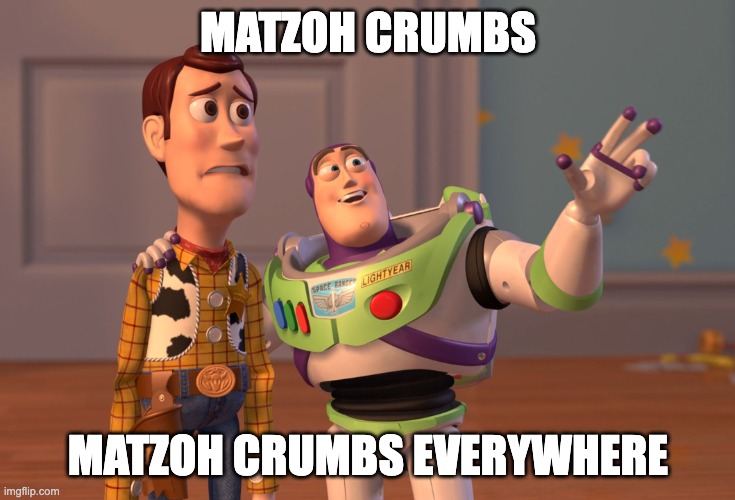Alrighty dear readers! Here we are again, celebrating Adams Family Day Wednesday with just another day ready for fun. So since last blog post was about a current favorite TV show, I thought I’d share with my readers a favorite oldie movie of mine too: In 1992 two parents are abducted onto a planet of intellectually challenged denizens and get involved in a civil war to help the good guys regain the throne of the planet. The movie was called Mom and Dad Save the World and if you haven’t seen it yet I highly recommend it!
Anywho, one of my favorite lines in that movie is when one of the good guys is trying to rally his people to help him storm the castle and tells them “what we lack in intelligence we make up for in good intentions.”
So, anyways, let’s take a look at the current med-legal fee schedule. In a supreme bit of irony, the fee schedule went into effect on April Fools’ Day in 2021. Now that we’ve had it for over a year, what results can we see from this new system? Did the extra money attract the top physicians to write excellent reports and minimize the need for more med-legal services? Are cases now resolved more expeditiously with an accurate level of benefits and lower costs for employers?
Come on people – it’s been over a year! Certainly, there are now lots more QMEs so that the wait times are lower and the reporting is more consistent, right?
Well, the CWCI has prepared a study reflecting that compared to 2019, there’s been more than a 50% increase in payments for face-to-face exams and almost 40% for supplemental reports. $3 per page in review as per the fee schedule has also drastically increased the cost of an initial exam by almost $2k.
According to the CWCI, the fee schedule resulted in a 3% increase of QMEs in the active evaluator pool as compared to 2022 and 1% less than 2019! In other words, the new fee schedule has enriched existing QMEs with huge fees, but has not attracted more QMEs to the industry.
The new regulations have also failed to provide recourse for employers when reports are not substantial medical evidence or to recoup costs. There is practically no disincentive to produce intentionally vague or incoherent reports to entice parties to depose the doctor or seek a supplemental report, generating more fees for the doctor and more costs for the defense. We all recognize those doctors on our panels that will force at least three evaluations, four depositions, and seven supplemental reports before there’s enough in the record that you can get a ruling other than “develop the record.” Looking at you, Dr. Nick Riviera…
Of course, this is great for the applicant bar – the more expensive the claims process is due to med-legal fees the more inflated the “nuisance” value of each claim is.
But, before you become dismayed, dear readers, please recall that wonderful line from Mom and Dad Save the World as referenced above.
Till next time, dear readers…

